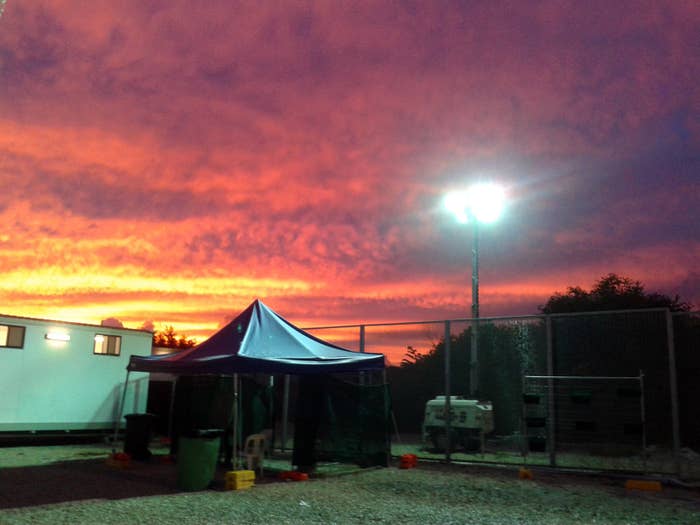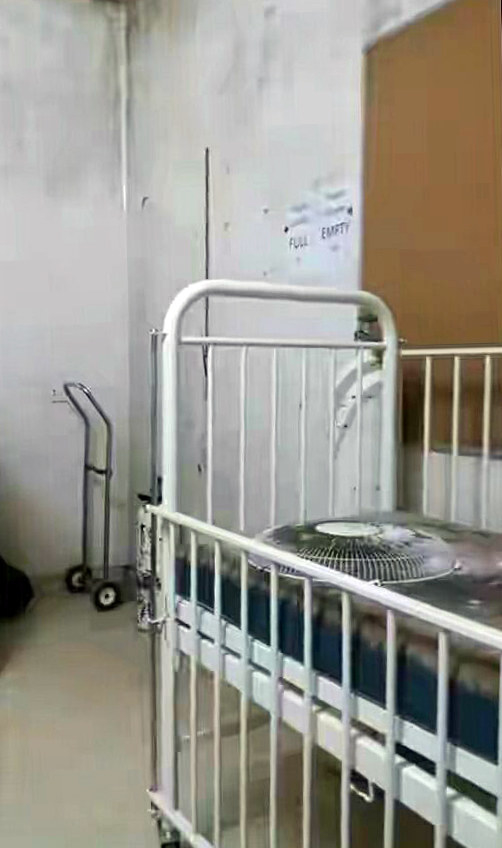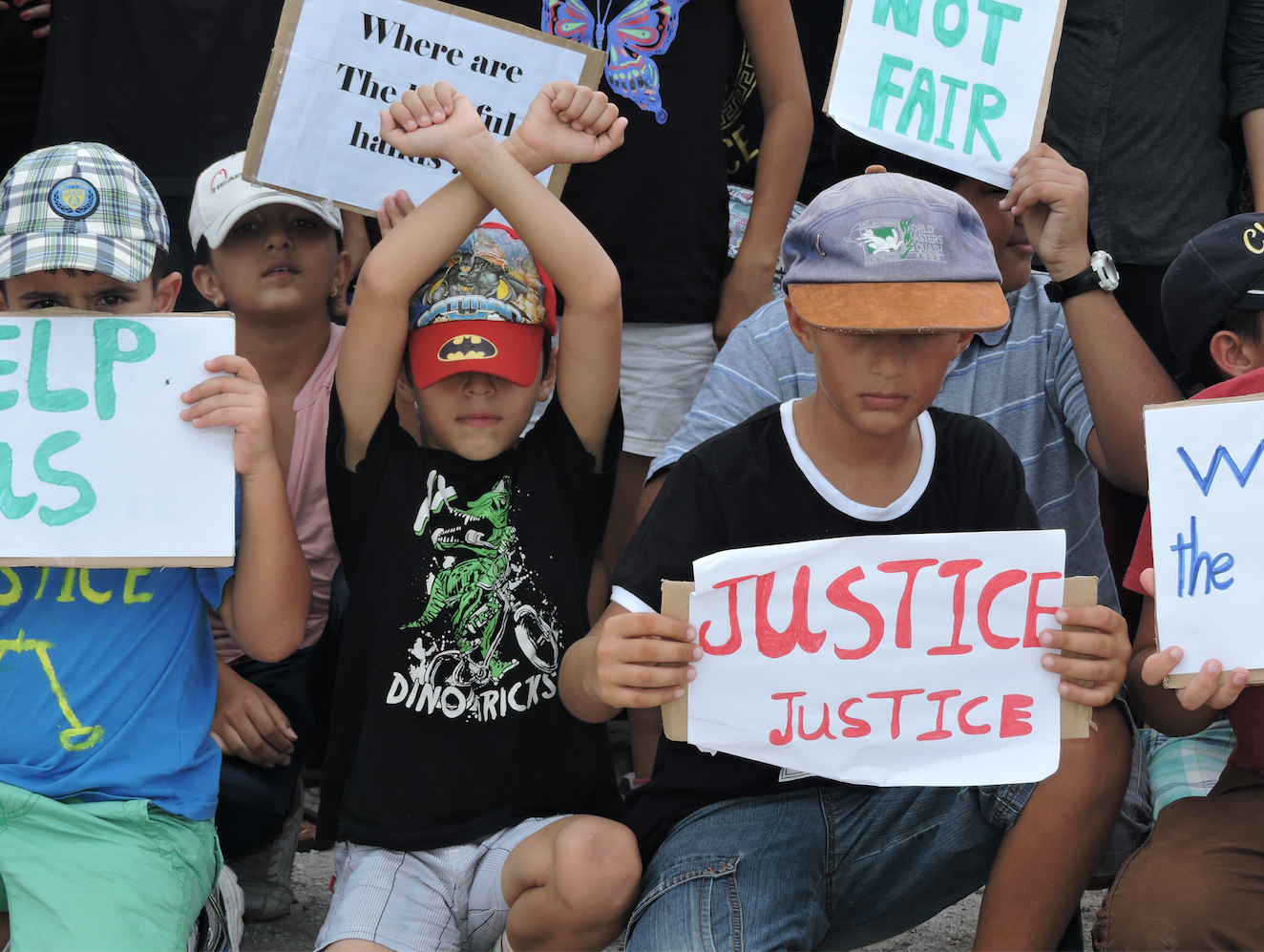Australia’s offshore detention centre on the remote Pacific Island nation of Nauru subjects asylum-seekers to “egregious abuses” that amount to torture and flouts international law, a report released by human rights organisation Amnesty International has found.

“This regime of abuse and neglect does not even spare children,” said the Island of Despair report, which is based on more than 100 interviews with people in Nauru and Australia over the past four months.
“Children who are refugees or are seeking asylum have been assaulted both by staff of companies hired by the Australian Government and by private individuals on Nauru.”
Mental illness and self-harm was “shockingly commonplace”, the report stated.
One detainee told Amnesty International he had tried to kill himself twice in the previous 10 weeks: once in May 2016 when he bought petrol and poured it on himself, and a second time in July 2016 when he drank washing-up liquid and had to be hospitalised.
Outside the centre, prisoners were unsafe and persecuted by the local Nauruan population, the report found.
“This includes physical attacks on men, children and women – including sexual assaults – as well as robbery and attempts to break into their homes.”

Anna Neistat, Amnesty International’s senior director for research and one of the few outsiders who has managed to spend time on the island, told BuzzFeed News it was now “impossible” to deny the human rights abuses in the facility.
“We believe the system amounts to torture,” Neistat said, "and Amnesty does not say such things lightly, but we analysed every element of the system.
“The distressing and heartbreaking accounts of deteriorating mental health, discrimination and violent attacks, sexual violence, inadequate medical care, and harassment that I heard from mothers, fathers, adults, and children as young as 6 paint a picture of people driven to absolute despair.”
Neistat criticised politicians and commentators who had suggested claims of abuse or self-harm were exaggerated or even unfounded.
“If things are indeed as rosy as [News Corp columnist and Sky News presenter] Chris Kenny believes, then why is the Australian government and the government of Nauru putting such incredible effort into hiding it from the outside world?” she said.
Journalists face severe restrictions on entry to Nauru, with an $8,000 non-refundable visa fee and a protracted application process.

Kenny, a high-profile backer of the government’s border protection policies, secured a visa to travel to Nauru last year and painted a picture of life on the island that sits at odds with the Amnesty report.
“If the conditions are fine," Neistat said, "why not show international media, Australian journalists, or the human rights commissioner what is going on instead of swearing people who work on the island to secrecy?”
A joint study by Unicef and Save the Children estimated the cost of maintaining deterrence policies such as turnbacks, offshore processing, and mandatory immigration detention at AUD$9.6 billion (USD$7.3 billion) between 2013 and 2016.

The organisation has today called for the Australian government to immediately close down the Nauru and Manus offshore detention facilities and allow all detainees to come to Australia.
The report comes just two months after an initial report from Amnesty that detailed the “atrocious conditions” of life inside detention on Nauru.
